Nineteen Liberian students studying in India under the Monrovia Consolidated School System (MCSS) scholarship program say they have been abandoned by the institution’s current administration, leaving them without stipends, medical insurance, or basic financial support for over a year.
The group — made up of teachers pursuing master’s degrees, one PhD candidate, and several undergraduates — said their situation has become desperate despite repeated appeals to MCSS, the Ministry of Education, and the Liberian Senate.
According to documents obtained by FrontPageAfrica, the students departed Liberia on September 30, 2024, under the leadership of former MCSS Superintendent James Momoh to attend Apeejay Stya University and Graphic Era University in India. However, after Momoh’s suspension and the appointment of Dr. Augurine Stevens as Acting Superintendent, they claim the new leadership has ignored their plight.
> “Since our arrival, we have not received a single dollar for medical or financial support,” said Sam S. Siryon, the group’s spokesperson. “We have written several letters, but the administration continues to ignore us. Many of us are struggling to survive.”
Senate Steps In
The issue caught the attention of the Liberian Senate Committee on Education and Public Administration, which on September 2 summoned Dr. Stevens to address delays in tuition payments, medical insurance lapses, and threats of expulsion from the universities.
In a letter signed by Committee Chair Senator Nathaniel Gill, the Senate expressed concern over the “gravity of the matter, which touches the image of the Republic and the future of young Liberians.”
During her appearance, Dr. Stevens reportedly told senators that all outstanding financial obligations had been settled and that students were covered by medical insurance — a claim the students later refuted in writing.
> “That statement was false,” the students insisted. “We still have outstanding balances and no support for living or health expenses.”
MCSS Defends Its Position
Responding to the allegations, Emmanuel Kyne Robertson, Assistant Superintendent for Instructions at MCSS, said the current administration had already paid 90 percent of tuition fees owed to the Indian institutions.
> “Politics cannot be mixed with academic issues,” Robertson told FrontPageAfrica. “The new administration has settled most debts left behind. Feeding and medical insurance were not part of our agreement — those responsibilities were to be handled by the Indian government.”
Robertson added that the current leadership inherited the program and its challenges from the previous administration.
“We Are Suffering”
Despite these assurances, the students report worsening living conditions and mounting pressure from their host institutions. Some face visa expiration, health risks, and threats of expulsion due to unpaid fees.
“We came here as proud Liberians seeking knowledge to serve our country, but today, we live in fear and uncertainty,” one student wrote. “We beg the government to listen to our cries before it’s too late.”
All the students signed a three-year service agreement with MCSS, committing to return and work within the school system upon completing their studies.
“We left Liberia full of hope, believing our country would support us,” said Siryon. “Now, we feel abandoned. We only ask that the government keep its promise so we can finish our studies and return to serve.”
A Program in Limbo
The MCSS scholarship initiative, launched under former Superintendent James Momoh, aimed to upgrade the qualifications of Liberian teachers and improve educational standards in the capital. Most beneficiaries are enrolled in education-related graduate programs — a key part of Liberia’s postwar human capital development strategy.
However, the change in leadership and subsequent administrative disputes have left the program in limbo. The universities in India have reportedly granted temporary extensions to prevent student expulsion while awaiting government intervention.
The stranded scholars are now appealing to the Government of Liberia, the Ministry of Education, and development partners to urgently address their situation.
“We don’t want to drop out or be deported because of circumstances beyond our control,” one student said. “We just want the support we were promised.”




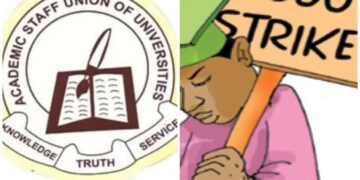

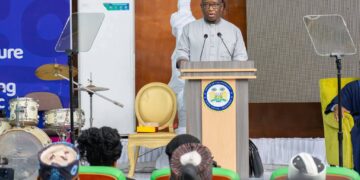
























































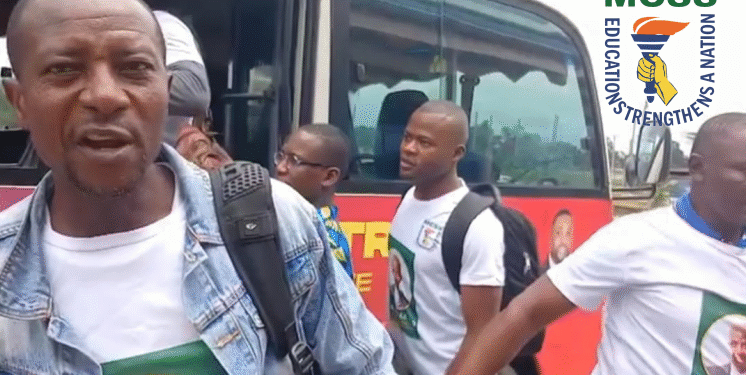






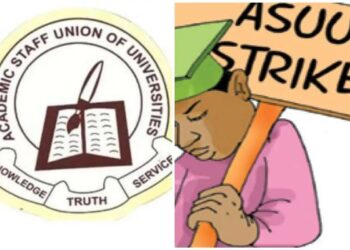

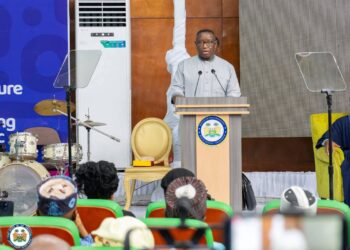
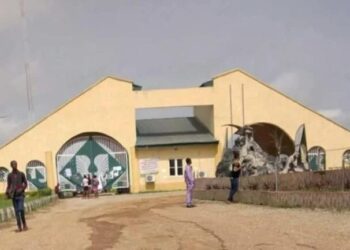









 EduTimes Africa, a product of Education Times Africa, is a magazine publication that aims to lend its support to close the yawning gap in Africa's educational development.
EduTimes Africa, a product of Education Times Africa, is a magazine publication that aims to lend its support to close the yawning gap in Africa's educational development.
